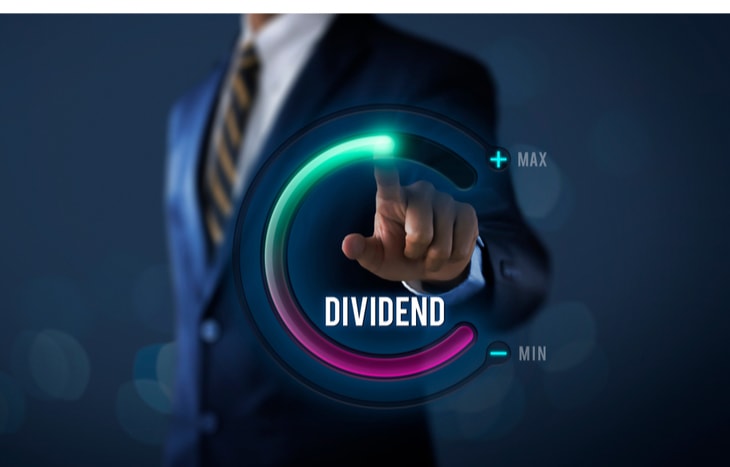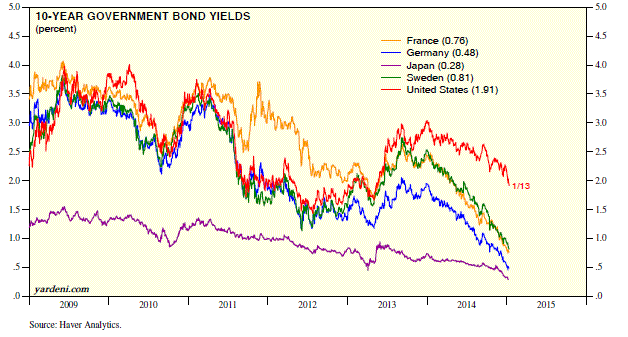
Future contracts are financial instruments that have a fixed price or date at which the asset is to be delivered. There are many types and names of future contracts. Each has a different expiration date. Most cases you will get a quote that includes the figures associated with each futures contract. These quotes will cover all of the important information that you need to know about a particular futures contract. This article discusses some of the most widely used futures options and how they differ from each other.
Speculators
Speculators in future contracts make their decisions based on the direction of price. Stock market investors look for price movements that occur in a very short time frame. Futures market traders trade for months. Future contract speculators look for price movements within minutes. So, future traders base their decisions upon their predictions about market direction.

Hedgers
A futures option is a financial instrument that allows traders and investors lock in an amount for an underlying investment. These types of contracts are more flexible than traditional futures. Futures are used for hedgers to mitigate the risks associated with unpredicted market conditions. Arbitrageurs can buy or sell futures contracts in order to make a profit on the mispricings of the underlying asset. These instruments are not the best for hedge funds but are still beneficial to the global finance system.
Standardised contracts
Standardised Future Contracts are financial instruments that can be used to exchange securities and physical commodities at a fixed rate in the future. These transactions are usually traded on established markets and are guaranteed to be executed. Sometimes the underlying values of commodities or securities are not exchanged by the parties. The United Nations has launched a voluntary program, the UN Global Compact, to promote corporate social responsibility and the management of risk in businesses. The proliferation of futures contracts has been aided by this initiative.
Physical delivery
Traditionally, commodity futures contracts have been settled via physical delivery at expiration. Traders who hold long or short positions in a contract need to deliver or receive the underlying commodities at a predetermined location. This procedure incurs transaction fees for delivery, storage and insurance. This also impacts the performance of your contract. A shorter delivery list can increase hedging effectiveness. Here are some reasons why futures settlement may need to be changed.

Cash settlement
To settle a future contract cash, you must transfer cash at a price determined by a formula that links futures market and cash market. The value of an underlying cash instrument in the market at the time of expiration of the futures agreement will determine the final settlement price. A cash settlement allows the owner of the short position the option to receive the difference as cash. These types can be settled by The LME Clear. It is the central counterparty-clearing house for LME.
FAQ
What is the difference between a broker and a financial advisor?
Brokers are individuals who help people and businesses to buy and sell securities and other forms. They manage all paperwork.
Financial advisors have a wealth of knowledge in the area of personal finances. They use their expertise to help clients plan for retirement, prepare for emergencies, and achieve financial goals.
Financial advisors can be employed by banks, financial companies, and other institutions. Or they may work independently as fee-only professionals.
You should take classes in marketing, finance, and accounting if you are interested in a career in financial services. Also, it is important to understand about the different types available in investment.
Are bonds tradeable
The answer is yes, they are! You can trade bonds on exchanges like shares. They have been doing so for many decades.
The main difference between them is that you cannot buy a bond directly from an issuer. You will need to go through a broker to purchase them.
This makes it easier to purchase bonds as there are fewer intermediaries. This also means that if you want to sell a bond, you must find someone willing to buy it from you.
There are many kinds of bonds. There are many types of bonds. Some pay regular interest while others don't.
Some pay interest annually, while others pay quarterly. These differences make it easy compare bonds.
Bonds are great for investing. If you put PS10,000 into a savings account, you'd earn 0.75% per year. You would earn 12.5% per annum if you put the same amount into a 10-year government bond.
You could get a higher return if you invested all these investments in a portfolio.
Is stock a security that can be traded?
Stock can be used to invest in company shares. This is done via a brokerage firm where you purchase stocks and bonds.
You could also invest directly in individual stocks or even mutual funds. There are actually more than 50,000 mutual funds available.
The main difference between these two methods is the way you make money. Direct investments are income earned from dividends paid to the company. Stock trading involves actually trading stocks and bonds in order for profits.
Both cases mean that you are buying ownership of a company or business. However, when you own a piece of a company, you become a shareholder and receive dividends based on how much the company earns.
Stock trading is a way to make money. You can either short-sell (borrow) stock shares and hope the price drops below what you paid, or you could hold the shares and hope the value rises.
There are three types stock trades: put, call and exchange-traded funds. Call and Put options give you the ability to buy or trade a particular stock at a given price and within a defined time. ETFs can be compared to mutual funds in that they do not own individual securities but instead track a set number of stocks.
Stock trading is very popular since it allows investors participate in the growth and management of companies without having to manage their day-today operations.
Stock trading can be a difficult job that requires extensive planning and study. However, it can bring you great returns if done well. It is important to have a solid understanding of economics, finance, and accounting before you can pursue this career.
Statistics
- For instance, an individual or entity that owns 100,000 shares of a company with one million outstanding shares would have a 10% ownership stake. (investopedia.com)
- Our focus on Main Street investors reflects the fact that American households own $38 trillion worth of equities, more than 59 percent of the U.S. equity market either directly or indirectly through mutual funds, retirement accounts, and other investments. (sec.gov)
- US resident who opens a new IBKR Pro individual or joint account receives a 0.25% rate reduction on margin loans. (nerdwallet.com)
- The S&P 500 has grown about 10.5% per year since its establishment in the 1920s. (investopedia.com)
External Links
How To
How to create a trading plan
A trading plan helps you manage your money effectively. It allows you to understand how much money you have available and what your goals are.
Before you start a trading strategy, think about what you are trying to accomplish. You may want to make more money, earn more interest, or save money. You might want to invest your money in shares and bonds if it's saving you money. If you are earning interest, you might put some in a savings or buy a property. You might also want to save money by going on vacation or buying yourself something nice.
Once you know what you want to do with your money, you'll need to work out how much you have to start with. This depends on where you live and whether you have any debts or loans. You also need to consider how much you earn every month (or week). Your income is the amount you earn after taxes.
Next, save enough money for your expenses. These expenses include rent, food, travel, bills and any other costs you may have to pay. All these things add up to your total monthly expenditure.
Finally, figure out what amount you have left over at month's end. That's your net disposable income.
You now have all the information you need to make the most of your money.
Download one online to get started. Ask someone with experience in investing for help.
For example, here's a simple spreadsheet you can open in Microsoft Excel.
This will show all of your income and expenses so far. This includes your current bank balance, as well an investment portfolio.
Another example. A financial planner has designed this one.
This calculator will show you how to determine the risk you are willing to take.
Remember: don't try to predict the future. Instead, think about how you can make your money work for you today.